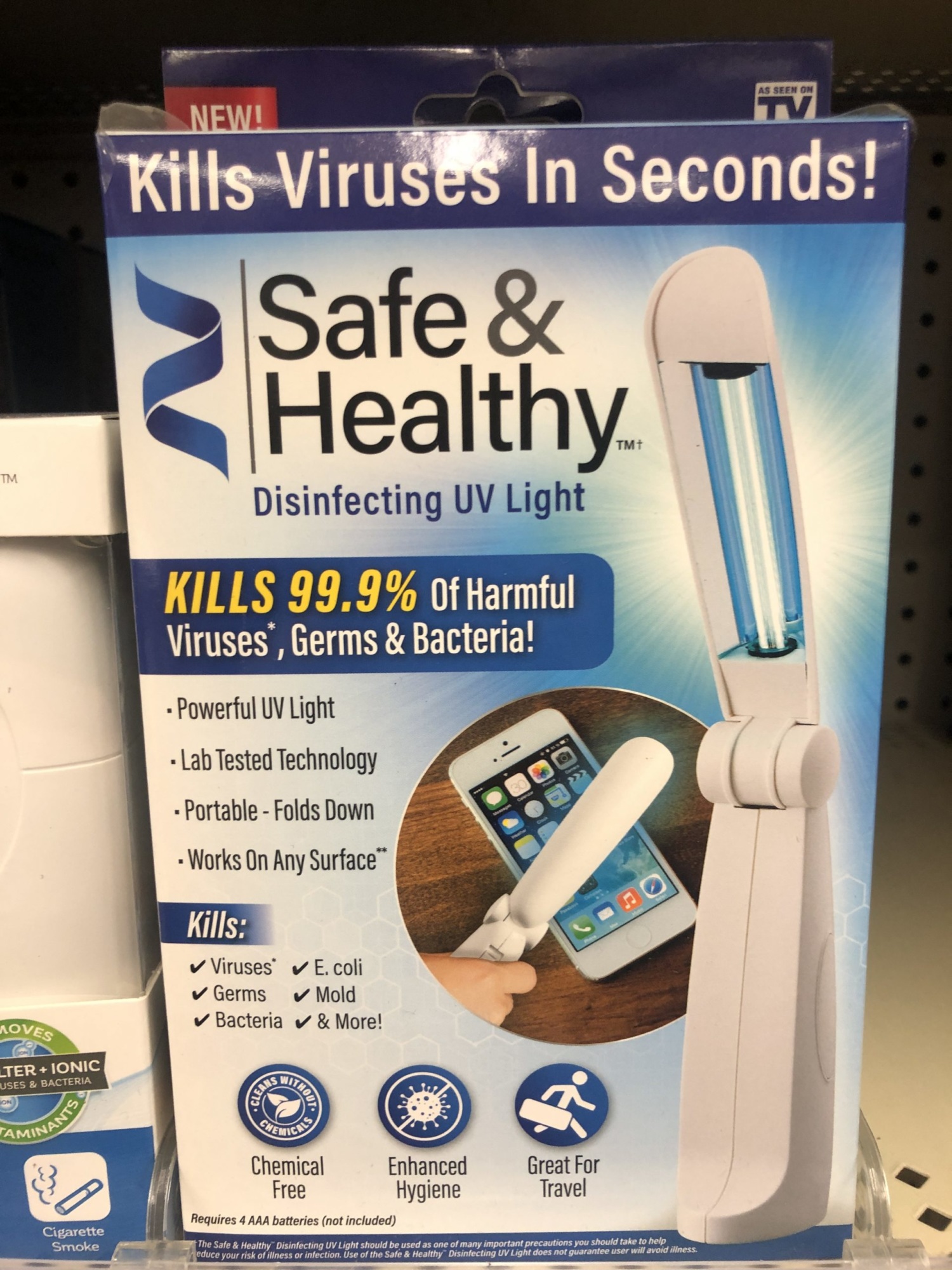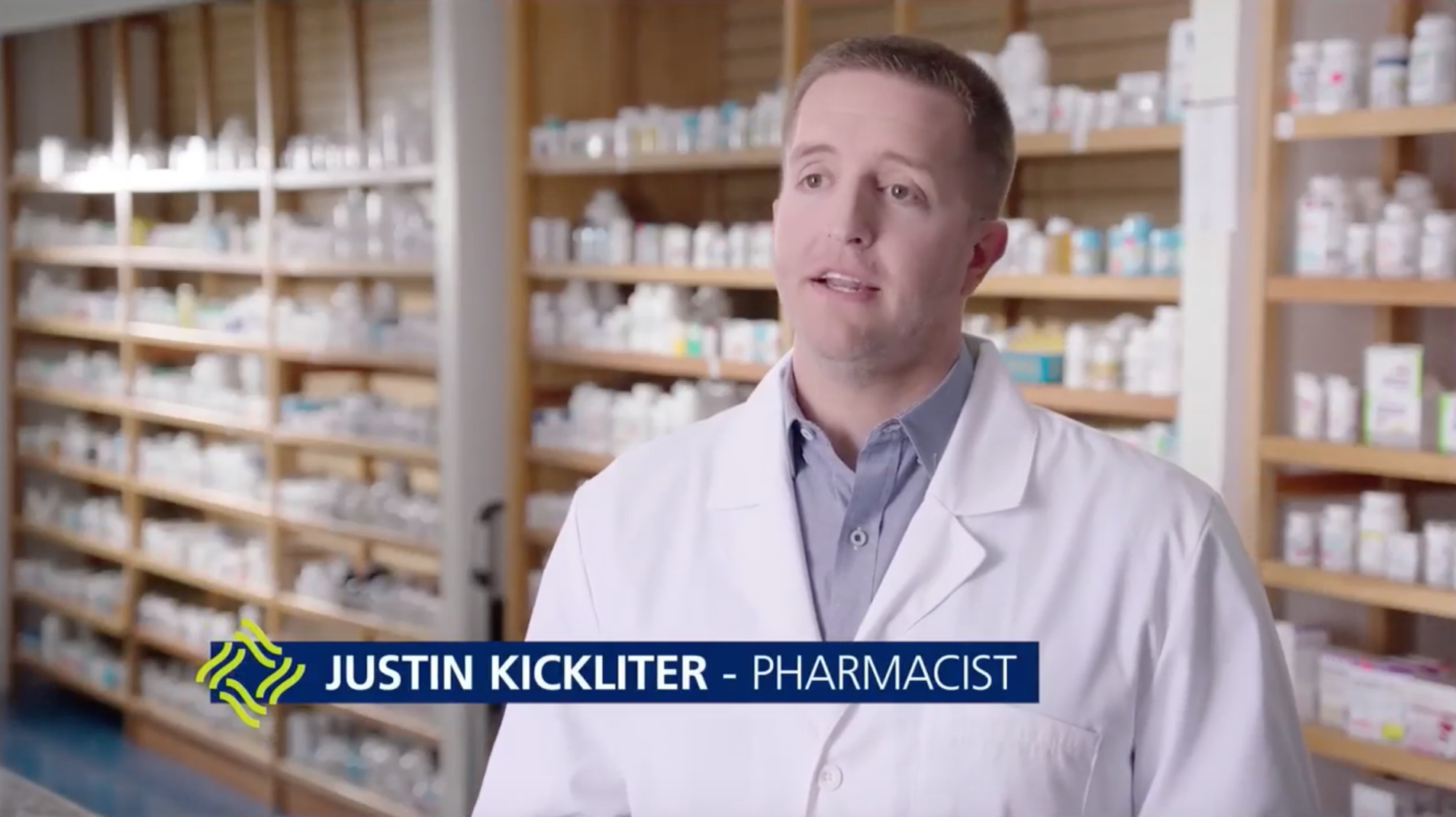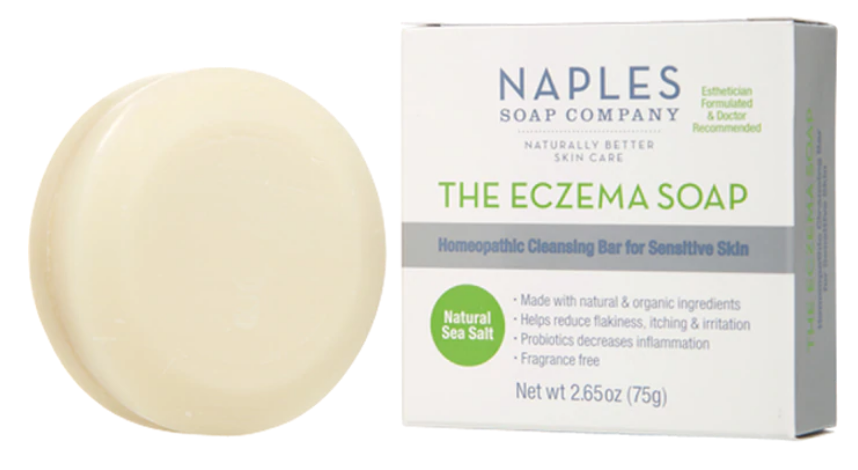
Safe & Healthy Disinfecting UV Light
When it comes to UV devices and COVID-19, there is no magic wand.
Spongeables is advertising its “Anti-Cellulite Body Wash in a Sponge” with claims that might be deceptive.
Advertisers can’t say a product will treat or cure cellulite without providing scientific studies to back up their claims. So far, topical cellulite products haven’t been proven to have any lasting effect. Most ingredients would need a much longer time to absorb than is possible with a cream, and a body wash is in contact with the skin for even less time.
What advertisers can say is that a product can temporarily “reduce the appearance of cellulite.”
Click images to enlarge.
Spongeables sells this body-wash-infused sponge with the usual “reduce the appearance of” wording on the front of the packaging, but it also says just plain “cellulite reduction.” On the back, there are several more iffy claims:
For more information on anti-cellulite claims, see a class-action lawsuit against Clarins that charges that its Vital Light Collection and Body Lift Collection promise more than they can deliver.
Our Ad Alerts are not just about false and deceptive marketing issues, but may also be about ads that, although not necessarily deceptive, should be viewed with caution. Ad Alerts can also be about single issues and may not include a comprehensive list of all marketing issues relating to the brand discussed.
When it comes to UV devices and COVID-19, there is no magic wand.
Pharmacist testimonials at the center of advertising inquiry head to the FTC for further review.
From “cruelty free” to “Made in the USA,” TINA.org finds personal care company’s marketing awash with questionable labels.

